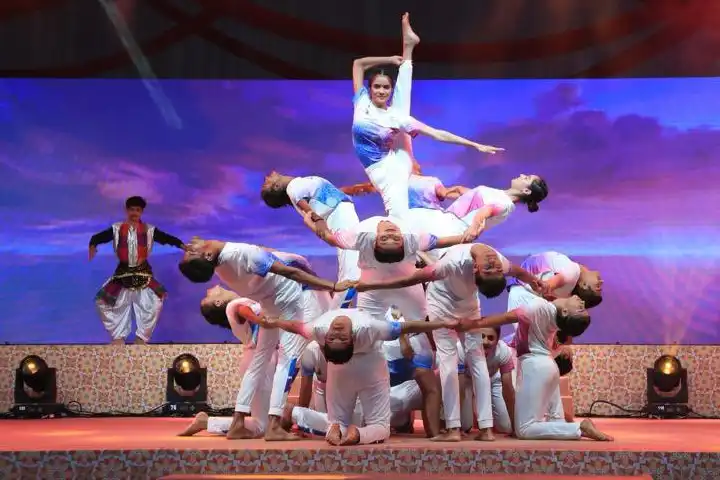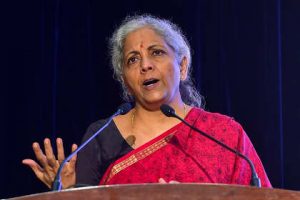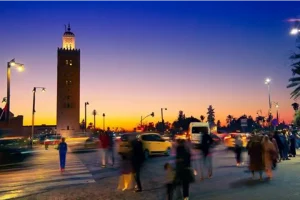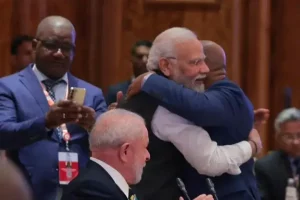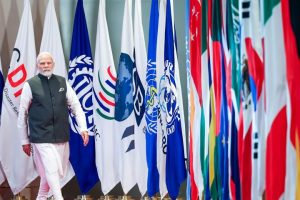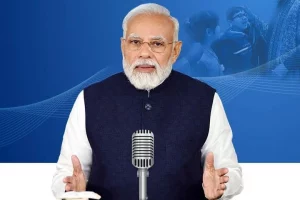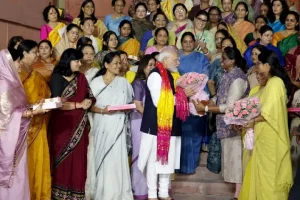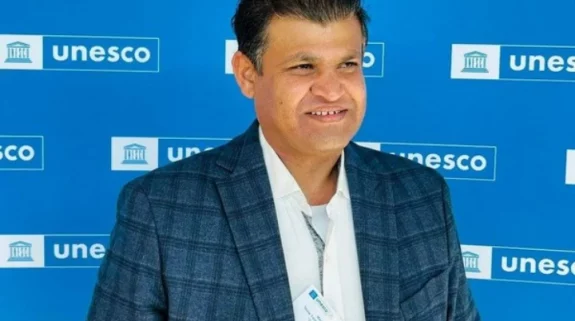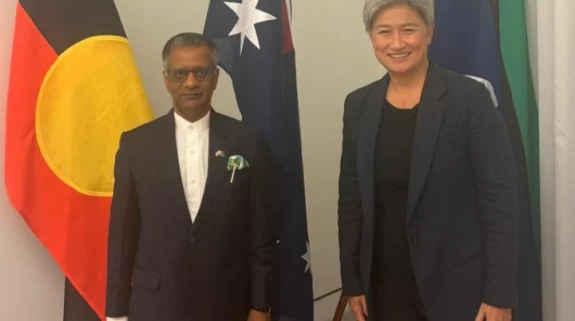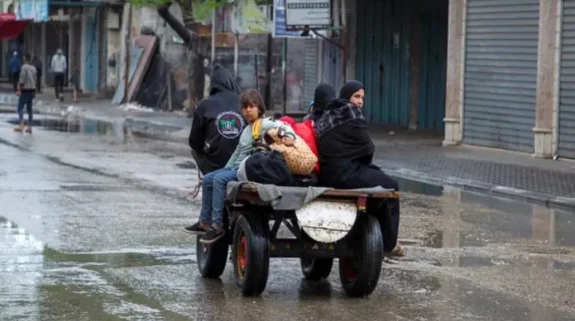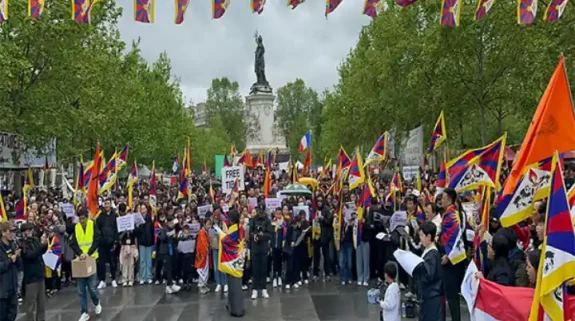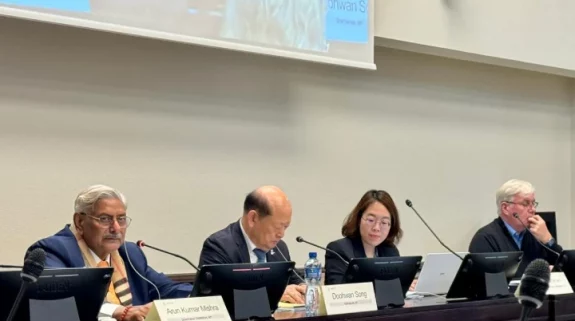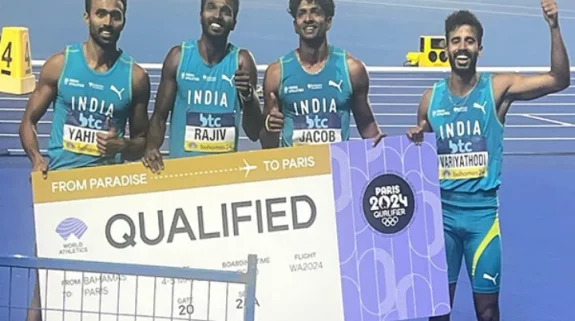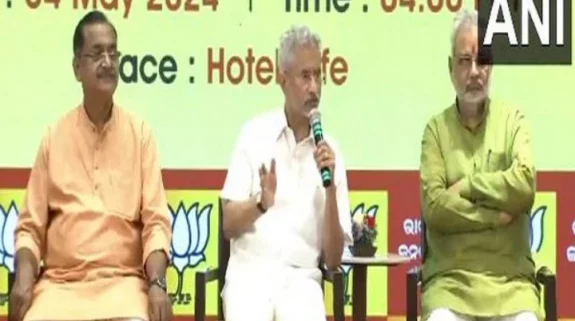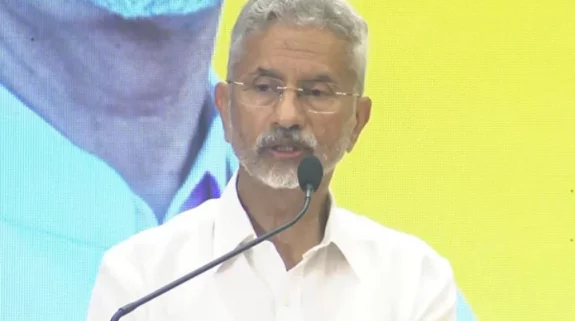Brainchild of India’s first education minister Maulana Abdul Kalam Azad and founded in 1950, the Indian Council for Cultural Relations aims to showcase India’s cultural prowess to the world. To realise its actual soft power potential, the Parliamentary Committee on External Affairs has recommended its upgradation on lines of world’s renowned institutes like the British Council, American Center, Alliance Francaise, Goethe Institute and Confucius Institutes.
The committee which placed its report in the just concluded Parliamentary session has recommended an increase of around Rs 500 crore in the budget of ICCR so that it can effectively refurbish its foreign missions and cultural centres.
The parliamentary committee also took note of the budgetary allocation for the British Council of the UK that received £179 million as a grant-in-aid from the UK Government and the Goethe Institute’s also had an annual budget of approximately 370 million Euros.
The committee has also asked the Ministry of External Affairs to constitute a coordination committee on soft power projection and cultural diplomacy with other line ministries and departments.
“The Committee had noted that the MEA itself had identified the lack of coordination among multiple institutions as a key factor enabling effective conduct of India’s soft power but nothing was being done to establish any coordination mechanism,” it said in the report.
The committee, headed by BJP MP PP Chaudhary, has made its recommendations in keeping the spirit of India’s G20 leadership at the centre stage. India is using the Sanskrit term Vasudhaiva Kutumbakam (The world is one family) in the G-20 logo purportedly to showcase India’s civilisational outlook towards global affairs.
This is with this spirit that the parliamentary panel has sought the speedy sprucing up of the ICCR to achieve objectives of foreign policies through soft means.
Sharing with you all glimpses of various Bust statues of Mahtma Gandhi, Rabindranath Tagore, Munshi Premchand, Maulana Azad and Dr BR Ambedkar, carved in Bronze and installed at @iccr_tashkent , Tashkent with the kind support from ICCR – Indian Council for Cultural Relations in… pic.twitter.com/ZP1jeFGhAF
— Murtikar Naresh Kumawat (@murtikarnk) June 16, 2023
India’s Soft Power
India’s soft power is primarily derived from its rich cultural heritage, diverse traditions, ancient history, and contributions to art, literature, music, cinema, yoga, spirituality, and cuisine.
This soft power has enabled India to engage in cultural diplomacy, which involves the use of cultural assets to build bridges, foster understanding, and enhance its international image and influence.
The MEA defines soft power as the ability to influence others through appeal and attraction, using non-coercive means. These include cultural heritage evident in arts, dances, literature, cuisine, yoga, traditional medicine, etc. The organ of MEA’s soft power diplomacy is the ICCR.
In its recommendations, the parliamentary panel, along with enhancing the role of ICCR, has also emphasised on outreach to neighbouring countries like Bangladesh, Sri Lanka, Afghanistan and Nepal.






